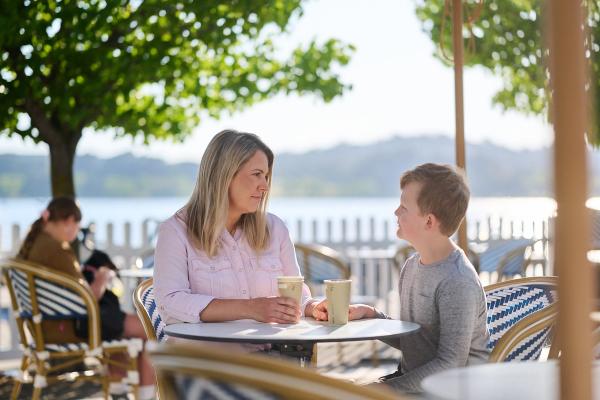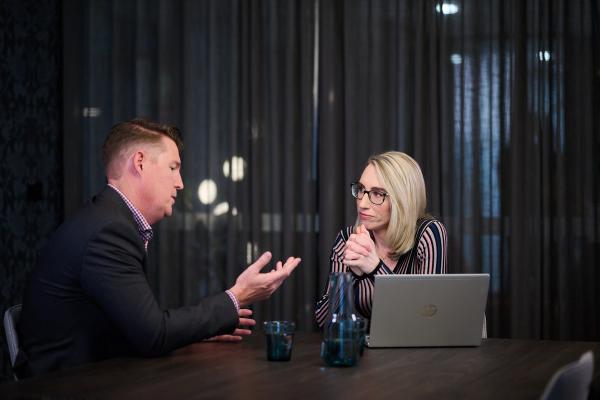
For individuals wishing to engage Parker Coles Curtis to represent them, it is important to realise that we cannot also act as a mediator. This is because the mediator must be neutral for both individuals.
We encourage our clients to utilise mediation and will recommend other independent mediators to fulfil this role to progress their matters effectively.
Our mediation practice
We offer an independent mediation service to individuals who are in dispute to help them reach mutually acceptable agreements.
There are various ways that we can conduct mediation, but in essence we listen to all parties’ points of view in a safe environment, improving the negotiating process and minimising possible intimidation. We work with both parties to communicate effectively and resolve conflicts.
Some of the benefits of mediation are:
- Cost-effective: generally, mediation is less expensive than going to court.
- Faster resolution: mediation can resolve disputes faster than the traditional court process.
- Confidential: unlike court proceedings, mediation is private and confidential.
- Control: parties have more control over the outcome, as agreements are mutually negotiated.
Individuals do not need a lawyer to participate in mediation however, if the individual does have a lawyer, their lawyer will work with us (as the mediator) in preparation for mediation.
Debra Parker - book with a mediation specialist
Accredited as a Family Dispute Resolution Practitioner, Debra is passionate about mediation and collaborative approaches to help individuals to resolve matters outside of court. She has completed thousands of mediations throughout her career and understands that sensible solutions deliver the best outcomes for everyone involved.
Debra is regarded as one of the leaders of the legal profession by colleagues, as recognised by the national Doyle’s guide of the best lawyers in the country, which gives her ‘preeminent' family law status in the ACT and ‘leading’ status as a mediator.
She is the only lawyer in Canberra with a Specialist Accreditation in two areas (family law and dispute resolution). With an 80% success rate for mediation, Debra is available for half and full day mediation.
To book Debra for mediation or for mediation rates, please email hello@parkercolescurtis.com.au or call us on 02 5114 2660.
FAQs
What is mediation?
Mediation is a confidential, flexible, and voluntary process where a neutral third party (the mediator) helps disputing parties communicate and negotiate to reach a mutually acceptable agreement. Mediation can be used to resolve a broad range of family law issues, including property division, child custody arrangements, and spousal support.
Is mediation right for me?
If you are seeking a cost-effective, private, and amicable resolution to your dispute, these methods could be suitable. Mediation is beneficial for parties willing to work together to resolve their issues.
Can agreements reached through mediation be legally enforced?
Yes, agreements can be formalised and made legally binding through consent orders or binding financial agreements.
What if we can't reach an agreement?
If mediation does not result in an agreement, litigation may be necessary. However, the majority of cases can be successfully resolved through mediation.
What is the difference between mediation and collaboration law?
Mediation involves a neutral mediator who does not provide legal advice but facilitates discussion to help parties reach an agreement.
Collaborative law involves each party having a lawyer trained in collaborative law practices. All parties agree to work together respectfully, honestly, and in good faith to negotiate a settlement without going to court. More about collaborative law.


